Haven’t we all been there? …lots of times? The opponent is cheating, obviously, but how do we actually deal with players who seem to believe that cheating is okay?
By Tjitte Weistra, Badzine Columnist. Photos: Badmintonphoto
Now, I do believe we have to separate three types of cheaters. Firstly, there is the one that is very aware of the fact that he/she is cheating and then there is the player who has made cheating into an art and simply doesn’t even realise it anymore. Then there is the “innocent” cheater who is caught up in the moment and as the shuttle is on its way to the ground the mind plays tricks on us and it visualises the shuttle landing out before it has actually landed, which heavily influences our judgement when the shuttle actually makes contact with the floor. Worse if it happens on game or match point.
Ok, I’m guilty…I have cheated in my playing career. When you live on the edge in a very competitive environment then cheating does happen. I’m not proud of it but sometimes survival mode kicks in and the darker sides of human nature may be revealed. That is not an excuse, however, as cheating should never ever be encouraged.
So, how can we deal with players who cheat? There are various distinct situations which would each require a different approach. The first one is a situation where there is no umpire and/or line judges to control the match. This happens a lot at local, domestic tournaments in countries around the world and is the most difficult one to deal with, as there is no third party who can make an objective decision. Most tournaments, though, will have a referee or at least a tournament controller who could probably act as a mediator if situations on court get out of hand.
The easy and most natural way to deal with somebody who is cheating in the first situation is to take things into your own hands and start abusing the other player to try and stop it. This would be one way of venting your frustration but the problem is that it will most likely have a negative impact on your ability to concentrate and play well for the remainder of the match and it also does not “look good” so perhaps we should look at a different solution.
I suggest that when you believe your opponent is cheating that you momentarily stop the game and ask for an authority (be it the referee or the tournament controller) to come to the court and ask if it would be possible for him/her to organise an umpire for your match, as you believe that you are being cheated. Using this solution will most likely keep you calm and it can avoid a direct conflict with your opponent, which is hard to forget once it has happened and will cloud your ability to stay focused. If the competition you are participating in does not have a referee or tournament controller with sufficient authority to do something about the situation then get one of your mates to umpire the game. Your opponent would, for sure, not object to this.
The second situation is where an umpire is in control of the game but there are no line-judges, leaving all line calls to the umpire. It can be very difficult for an umpire to see, especially the back lines and far sideline or any line, for that matter, depending on the angle, the lighting inside the stadium, and the pace of the shuttle when it hits the ground. This leaves quite a bit of room for players to deliberately influence the decision of an umpire by signalling to the umpire whether a shuttle was in or out just after it has landed.
In this case, it is advisable that you approach the umpire in charge and ask him to talk to your opponent so the umpire can request the player to stop signalling in or out whether the player does this verbally or by using their hands. If there are ongoing issues then it is recommended that you approach the umpire once more and ask for line judges. The umpire must then ask for the referee to come to the court and explain that you have requested one or various line judges. In most cases the referee will agree to this but at least you will have accomplished that the umpire will be more vigilant and the opponent may stop doing what he was doing.
Cheating does not only occur with regards to making line calls. I’m sure that you can think of other situations such as deliberate time wasting, deliberately serving above the waste (especially in doubles or mixed – e.g. drive serve) and players who try to intimidate the opponent in way which “crosses the line”.
Regardless of the situation, your attempts should always be to talk to the umpire or referee. Let the officials deal with the opponent and always try to avoid getting into a personal battle with your opponent because this can get ugly and it will most likely not have a positive impact on your ability to concentrate and play well. There are only a few athletes that seem to be able to completely lose it with the opponent and/or umpire to then go on and play well (think John McEnroe in tennis) but even then, it is not the right way of dealing with this.
The above all sounds like common sense and nothing will be a surprise to you. Why is it then that so many players let themselves get carried away with an opponent that is cheating? This is a question that you must try to answer for yourself so that you as a coach, parent or player can take the necessary steps to avoid yourself or the player(s) you coach being caught out reacting in a way which won’t really solve the issue. Reinforcing the above solutions with players will help as a starting point.
![COACH’S NOTEBOOK – The Art of Cheating Haven’t we all been there? …lots of times? The opponent is cheating, obviously, but how do we actually deal with players who seem to believe that cheating is okay? By […]](http://www.badzine.net/wp-content/uploads/Newsflash-thumbnail.png)
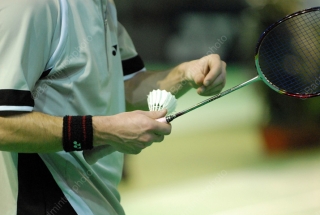
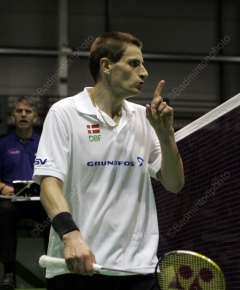
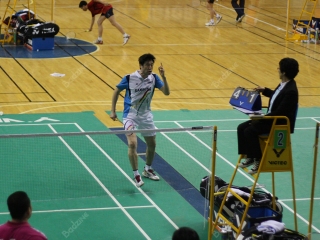
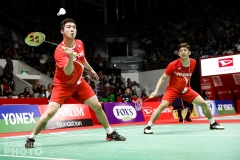

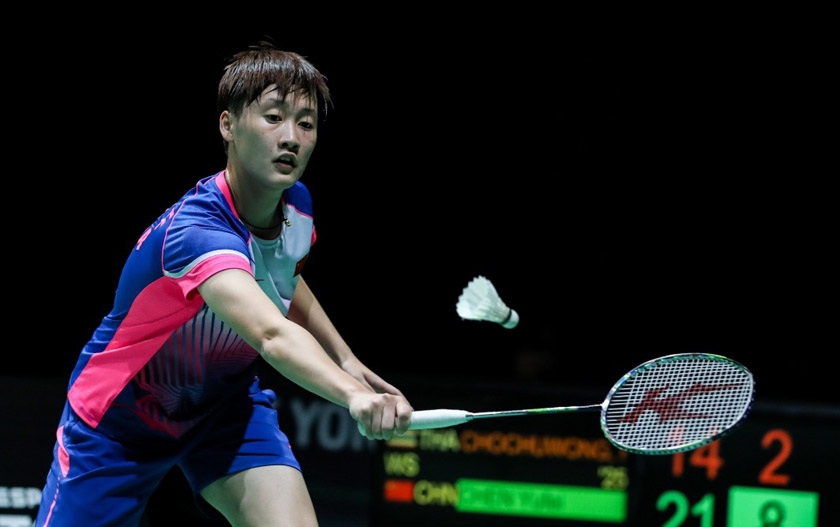
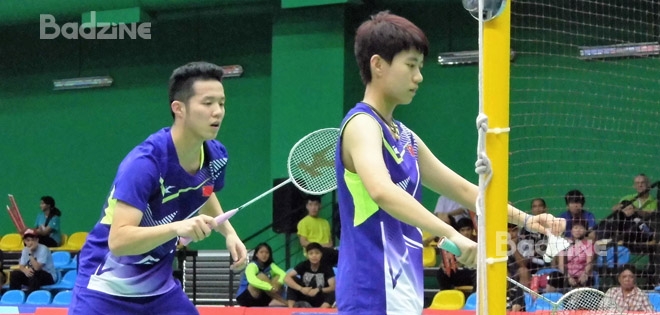
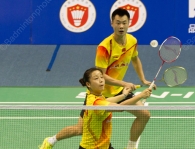

Leave a Reply